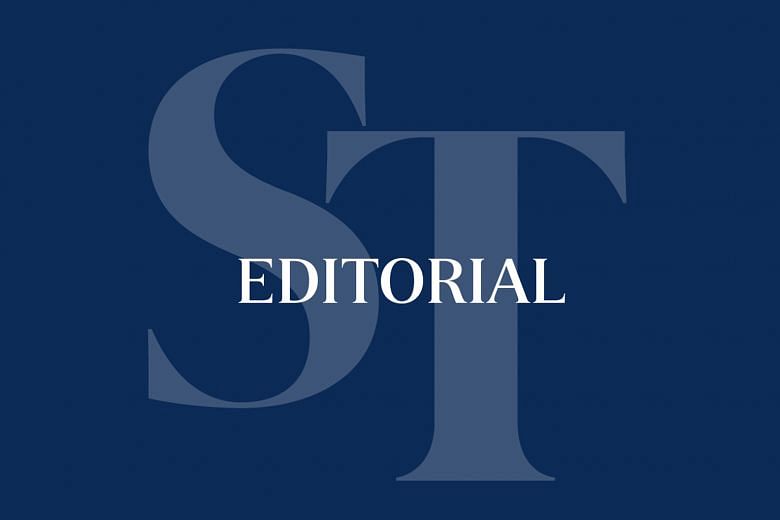For subscribers
The Straits Times says
A coming together with consequences
Sign up now: Get ST's newsletters delivered to your inbox

Chinese President Xi Jinping and his Russian counterpart Vladimir Putin had their first face-to-face meeting in two years on Friday on the sidelines of the Olympic Winter Games, which faced a diplomatic boycott from several Western nations. What emerged from the meeting could have implications beyond bilateral ties between the two countries, which are swiftly improving amid a convergence in their world views. For Moscow, it represents a diplomatic coup. Although their joint statement avoids Chinese endorsement of Russia's posture on Ukraine, it explicitly opposes the "further enlargement of Nato" - a reference to Kyiv's ambition to join the alliance - and calls for "long-term legally binding security guarantees in Europe". After also asserting that there is no one-size-fits-all model of democracy, the statement criticises exclusive blocs and alliances of convenience - a reference to the Quadrilateral Security Dialogue.
China and Russia expressed strong mutual support for the "protection of core interests". Criticising the United States by name, they also vowed to remain highly vigilant about the negative impact of the US Indo-Pacific strategy, expressing serious concern about Aukus - the alliance linking the US, Australia and the United Kingdom. They pledged to cooperate in the Arctic region, an area dominated by Russia that is increasingly a theatre of geopolitical competition, where China wants greater say.


